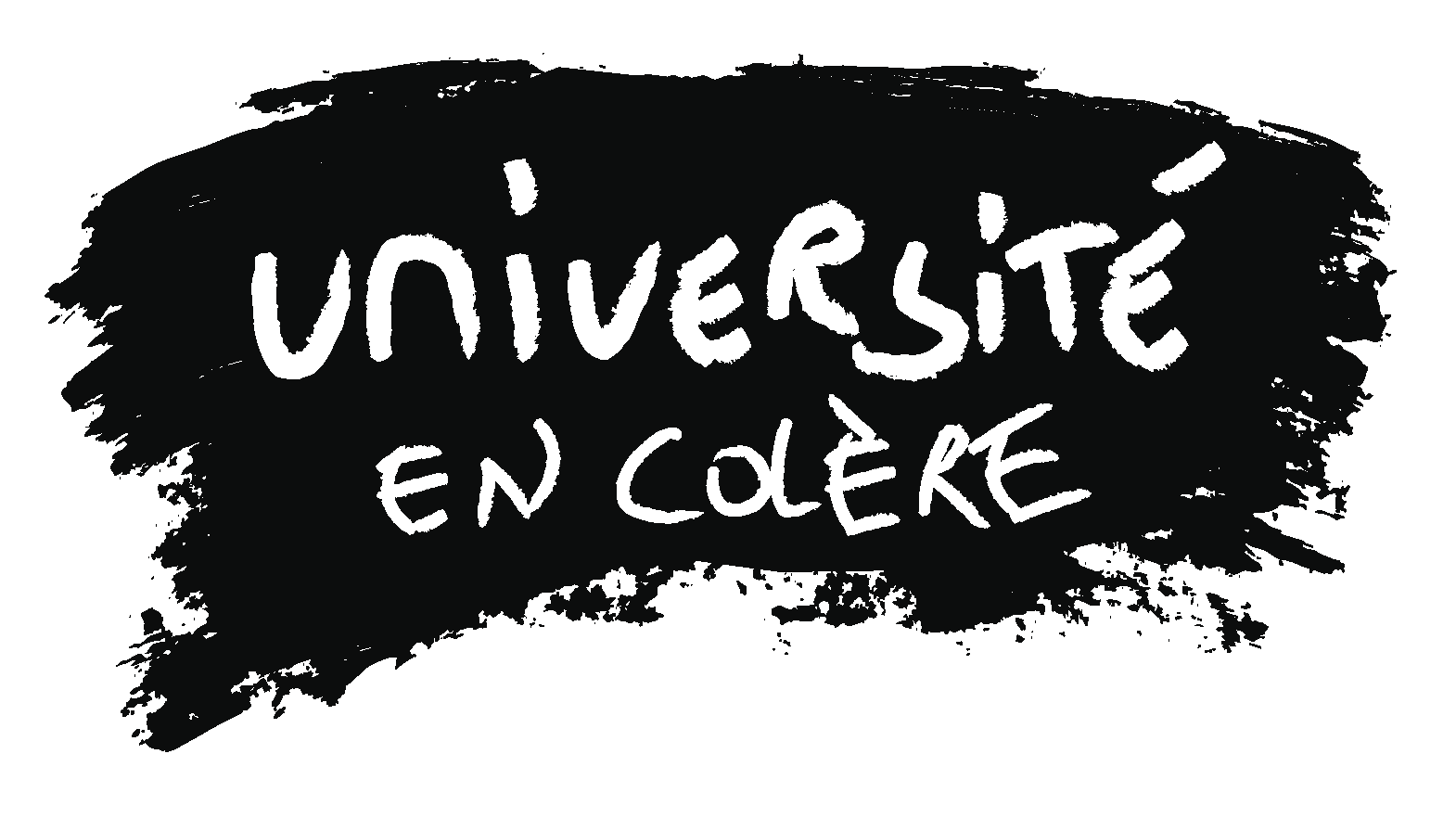
For many years now, universities have been suffering from institutional underfunding that can be attributed to the body in charge (FWB) as much as to the federal government. Such spending cuts jeopardize the quality of teaching and research1.
The political measures scheduled by the Arizona government will aggravate this situation by undermining the status of university staff. What is at stake here is the very possibility for universities to continue fulfilling their public service mission. While our demands bear on the reforms the current government is proposing, their ultimate aim is widely to defend public services.
In Defence of Public Service
Public service should “be provided with the utmost commitment to quality and total impartiality: whether in the field of justice, education, health care or other. To this end, civil servants have been granted safeguards that ensure an independent professional activity, free from undue pressure: a status that protects them against unfair dismissal, wages that guarantee lifelong stability, and thus integrity2”. As for public universities, the proposed changes to the way pension benefits are calculated would have a very significant impact (with a decrease of 10 to 40%) for all university employees (including administrative, technical and manual as well as academic and scientific staff). Overall, this is a brutal, unconcerted and significant breach of the contract between the State and its civil servants.
Our demand is to maintain an attractive and, above all, secure status for civil servants, through
- the withdrawal of the proposed pension reform bill, and in particular:
- the rejection of the proposed changes to the calculation of pension benefits.
- the rejection of mechanisms aimed at transferring the cost of federal pensions to other bodies (the FWB and universities).
- the preservation of civil servants’ pensions covered by the “first pillar” alone, without any call on work-related or individual investment in pension funds.
In Defence of Education
One of the core missions of universities (and higher education in general) is to offer high-quality, multifaceted and accessible education. For years, the so-called “closed envelope” principle has fostered competition amongst learning institutions in the FWB, resulting in structural defunding.
Our demand is to preserve all the safeguards that ensure the continuous provision of quality education for all through:
- an end to the closed-envelope funding policy for higher education
- a commitment to stable tuition fees for all students, including those from outside the European Union, who face strict entry requirements and who cannot bear the consequences of the public defunding of our universities
- concrete measures to address the precariousness of students’ living standards3, which would only be exacerbated by any increase in the number of hours permitted under student employment status (a measure that we firmly oppose)
In Defence of Research
The mission of universities includes conducting excellent international research that is both ethical and independent of economic and political pressure. To achieve this, universities must have enough financial resources to ensure their independence. The exemption of the withholding tax on researchers accounts for around 7% of universities’ structural revenues and is essential for funding the human and material resources required to carry out research projects. Furthermore, universities often have to collaborate in order to advance their research goals. Such collaborations are also at risk due to the proposed reforms.
Our demand is to preserve the resources that universities need in order to fulfil their research mission, and in particular:
- retaining the exemption of the withholding tax on researchers
- continued funding for federal research institutions (KBR, AGR, IRM, Royal Museums, etc.) and the FWB (FNRS).
« Université en colère » — May 20, 2025
1 See e. a. Mathilde Pourtois et Henri Bogaert, « Étude comparative du financement public des universités en Belgique, aux Pays-Bas et en Allemagne », Cahiers de recherche – Série Politique économique, no 95, 2019, https://cutt.ly/Iv7ODrR or Jean-Paul Lambert, « Ampleur et effets de la dégradation du financement de l’enseignement supérieur de la Fédération Wallonie-Bruxelles », Dynamiques régionales, 2021, no 11, p.11-29, shs.cairn.info/revue-dynamiques-regionales-2021-2-page-11?lang=fr.
2 « Pourquoi il faut défendre les services publics », texte de positionnement du GT « Réformes gouvernementales », Université en colère – ULiège, 1er mai 2025, en ligne : https://drive.google.com/file/d/1dLfw9AZpbL_8YUcQdghT3TQo6CN9e-18/view?usp=sharing
3 On students’ precariousness in Belgium, see e.a. BDO & Sonecom (April 2019), Étude sur les conditions de vie des étudiants de l’enseignement supérieur de la Fédération Wallonie-Bruxelles, https://cutt.ly/2v7l2MZ. See also the survey carried out by the FEF in November 2020, Fédération des Étudiant·es Francophones, Plan de lutte contre la précarité. Rapport de consultation, 2021, https://urls.fr/eK2JDQ.
Sign the petition
Already 6059 signatures.
